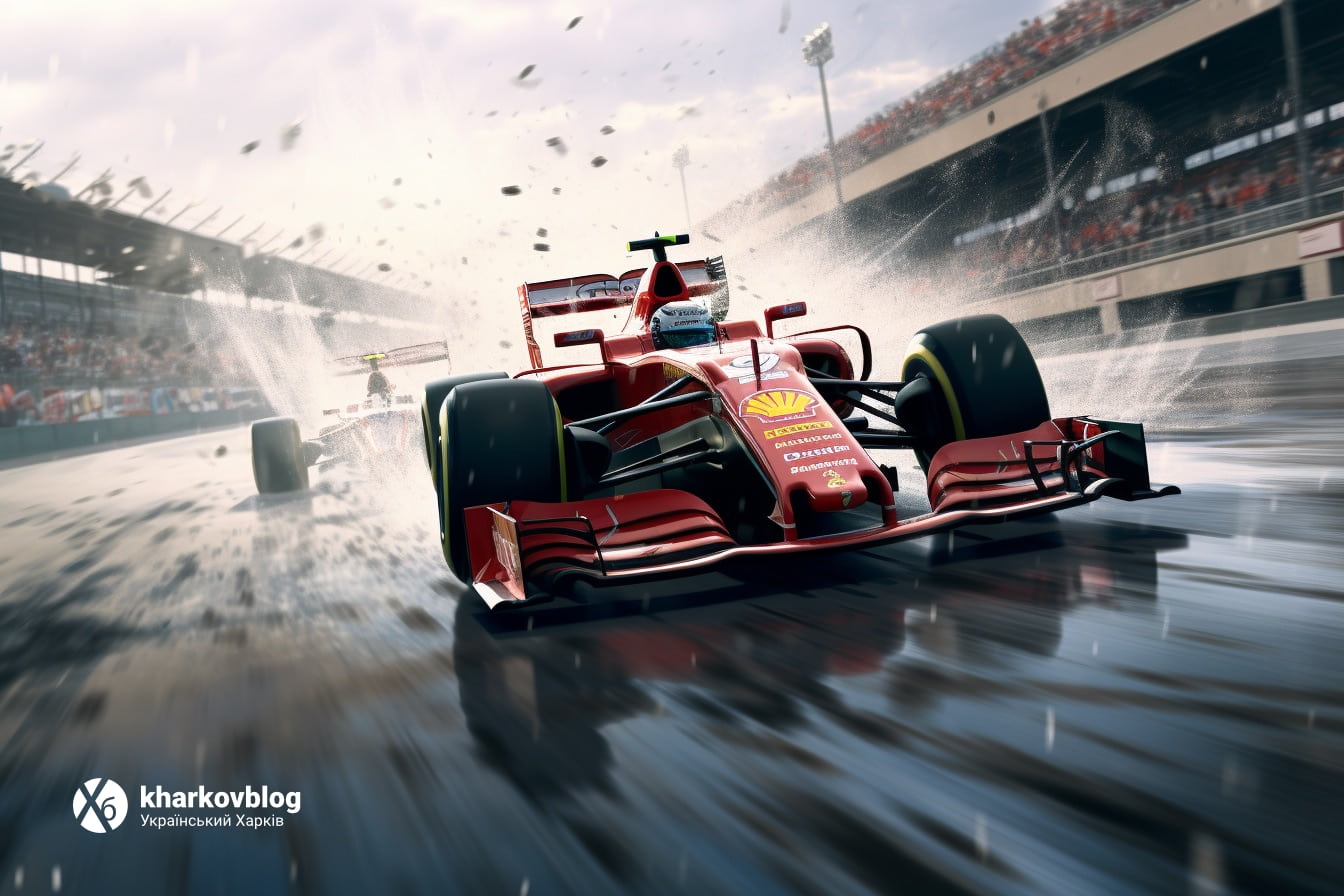Sprint Races in Formula 1: Revolutionizing Race Weekends with Memorable Moments
Formula 1 took a daring leap forward by introducing sprint races as a regular feature of race weekends, forever altering the landscape of the sport. This revolutionary format, first witnessed at the British Grand Prix, has injected new levels of excitement, unpredictability, and strategic elements into Formula 1. Notably, the 2022 sprint race at the Brazilian Grand Prix stands out as a memorable event, exemplifying the immense potential of this innovative addition to the Formula 1 calendar.

The Sprint Race Concept:
The concept of sprint races came to fruition at the British Grand Prix, where Formula 1 unveiled shorter, high-intensity races to determine the starting grid for the main event. These electrifying races were incorporated into select race weekends, typically held on Saturdays, and covered around one-third the distance of a traditional Grand Prix. The results of these sprint races directly dictated the grid positions for the main race on Sundays, infusing fresh energy into the long-established race weekend structure.
The Impact and Benefits:
The introduction of sprint races has had a profound impact on both the sport and the fan experience. At the British Grand Prix and subsequent events, Formula 1 witnessed a surge in on-track battles, with shorter bursts of intense and wheel-to-wheel racing captivating fans throughout the entire race weekend. The thrilling moments on display have elevated the overall excitement and unpredictability of Formula 1, providing unforgettable memories for enthusiasts.
Among these memories, the 2022 sprint race at the Brazilian Grand Prix stands out as a highlight. It showcased the essence of sprint races, with drivers pushing their limits and engaging in adrenaline-fueled battles for improved starting positions. The twists and turns of the sprint race at Interlagos left an indelible mark on the sport, solidifying the significance and entertainment value of this new format.
Challenges and Adjustments:
The introduction of sprint races necessitated adjustments from teams and drivers alike. Strategies had to be recalibrated to adapt to the condensed format, which affected aspects such as tire management, fuel consumption, and overall race pacing. The compressed race weekend demanded swift decision-making, data analysis, and optimization of setups within a shorter timeframe.
Driver safety remained a paramount concern throughout the implementation of sprint races. As the sport embraced the intense nature of these races, Formula 1 responded by implementing rigorous safety measures and continuously improving them. This unwavering commitment to driver welfare ensures that any risks associated with sprint races are mitigated, allowing fans to enjoy thrilling battles while maintaining the utmost regard for safety.
The Future of Sprint Races:
With the resounding success and positive reception of sprint races at the British Grand Prix and beyond, it is evident that this format will continue to shape the future of Formula 1. Valuable data, feedback, and fan response from the initial races will inform further refinements and enhancements to the sprint race experience. As the sport strikes an OASIS between tradition and innovation, sprint races will remain a vibrant and cherished addition to the Formula 1 calendar.
Conclusion:
Sprint races have revolutionized Formula 1, injecting a new level of excitement, unpredictability, and strategic complexity into race weekends. Witnessed for the first time at the British Grand Prix, these shorter, high-intensity races have captivated fans worldwide, with the unforgettable 2022 sprint race at the Brazilian Grand Prix etching its place in motorsport history. As Formula 1 continues to evolve, sprint races will be celebrated for their ability to create captivating moments while upholding the safety and integrity of the sport. The future promises even greater refinement and anticipation as Formula 1 continues to embrace the exhilarating world of sprint races, captivating fans with each unforgettable moment.